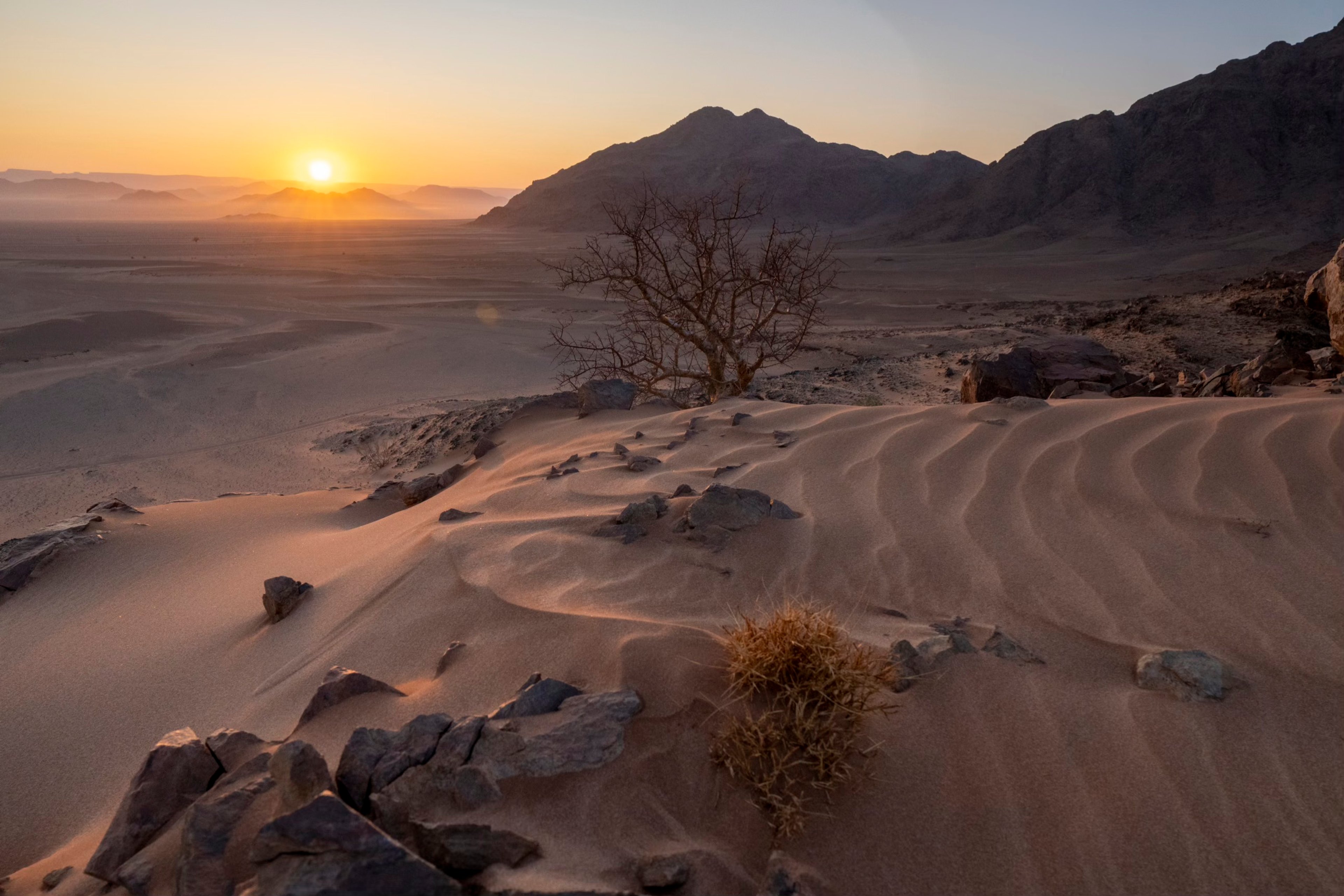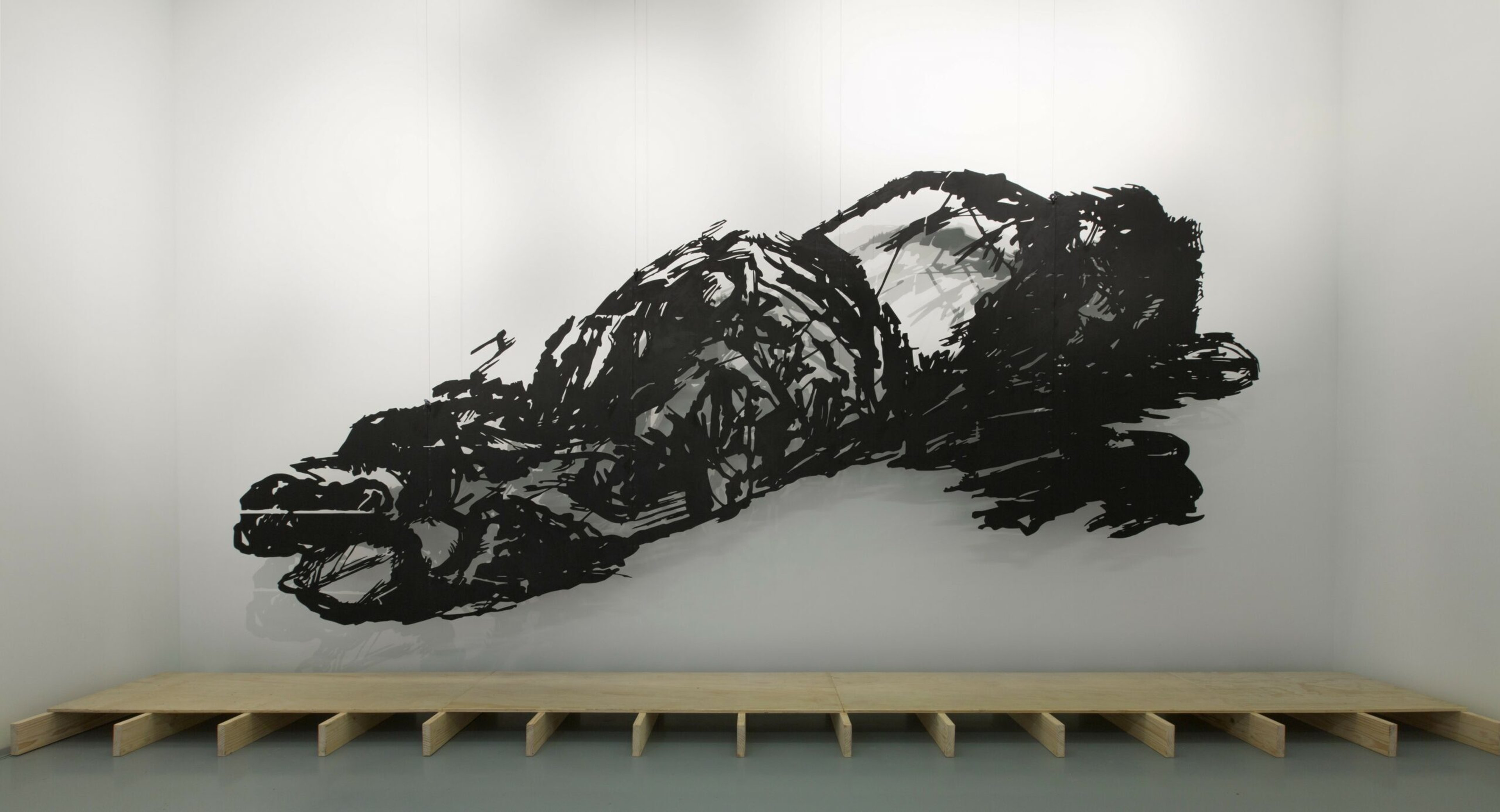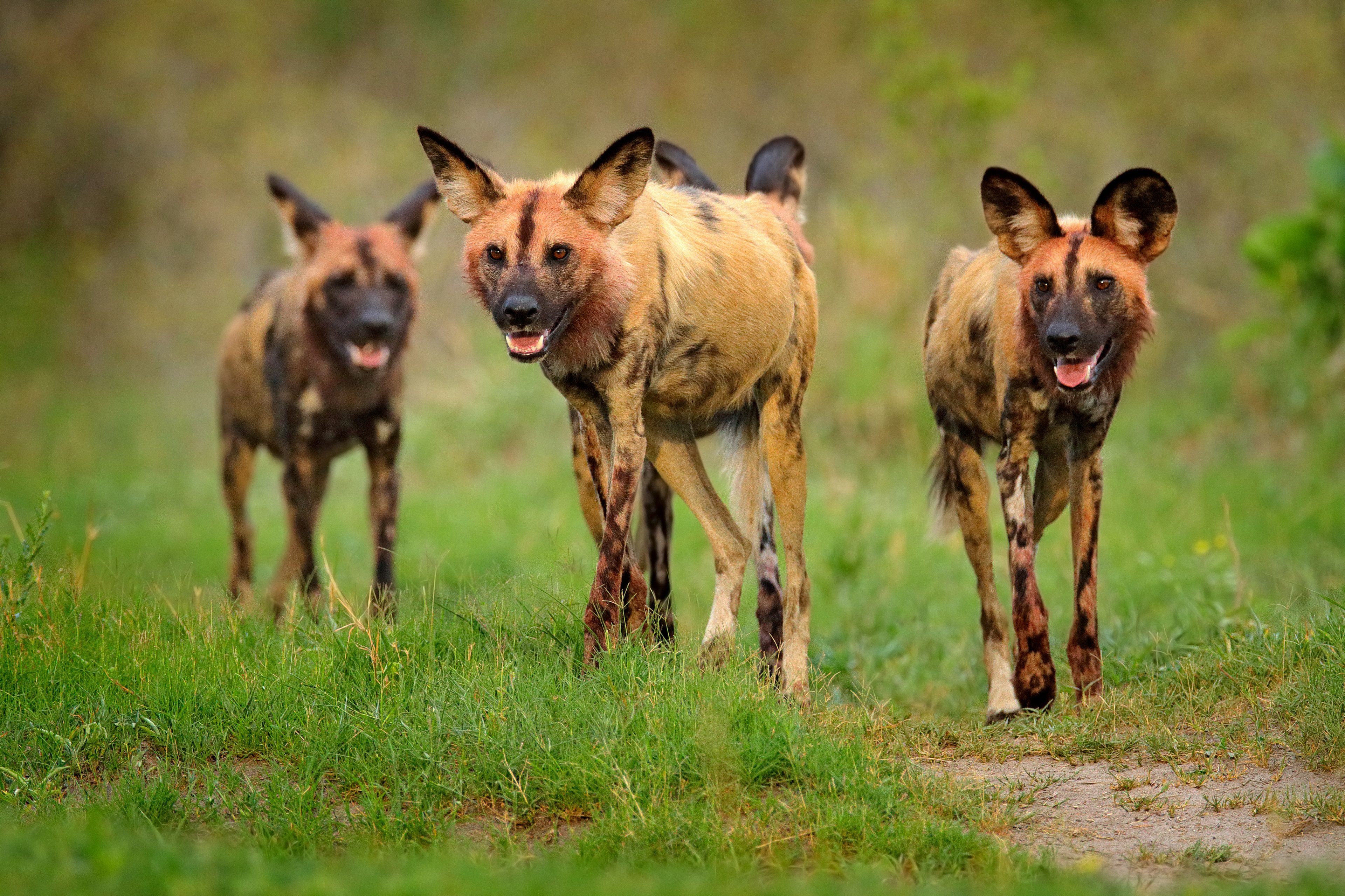WildAid
Ending the commercial trade and consumption of wildlife is the most pressing action we can take to ensure a pandemic like COVID-19 never happens again. The illegal wildlife trade is a $20 billion dollar industry. While most wildlife conservation groups focus on scientific studies and anti-poaching efforts, WildAid works to reduce global consumption of wildlife products and to increase local support for conservation efforts. They work with governments and partners to protect fragile marine reserves from illegal fishing and shark finning, to enhance public and political will for anti-poaching efforts, and to reduce climate change impacts. Like WildAid, we believe that mobilizing our global community around the benefits of protecting what wildlife we have left, is the most effective way to generate positive change. If you’d like to donate to end illegal wildlife trade in our lifetime CLICK HERE.
Peace Parks Foundation
Established in 1997 by the late Nelson Mandela, the late Prince Bernhard of the Netherlands and the late Dr Anton Rupert, the Peace Parks Foundation recognized the importance of cross-border collaboration in nature conservation and the potential of peace parks to contribute to sustainable development. Almost twenty five years later, Southern Africa’s transfrontier conservation areas (also known as peace parks) account for over a combined landmass the size of France and Spain. As a result, wild animals and tourists, are able to move across borders where once there were fences. In this manner, ecosystems are managed as a unified entity. If not for the establishment of peace parks, these wildlife areas would not obtain the necessary protection and resources. They currently have a plethora of community health campaigns rolling out across their peace parks communities to procure and distribute protective gear, carbolic soap, hand sanitizers, water dispensers and water buckets. If you’d like to help by supporting one household or many, every contribution will assist in reaching the more than 75 000 households that Peace Parks identified as needing essential equipment and information CLICK HERE.
African Parks
Since its inception in 2006, African Parks has taken on the management of 17 parks in 11 African countries, spanning over 13.3 million hectares. In short, they are safeguarding a significant portion of Africa’s biodiversity and preserving functioning ecosystems that sustain millions of people. We love that African Parks has harnessed first world philanthropy and technical expertise, to rewrite and take on park management (by way of long-term management contracts) for African governments who cannot maintain their own wilderness areas. Critical to African Parks success is that they assume complete control of all aspects of park management, such as law enforcement, ranger training and anti-poaching; to animal monitoring and translocation; to community outreach, job creation and community development; to tourism, infrastructure and fund raising. To donate or learn more, please CLICK HERE.
Big Life Foundation
We’ve watched in awe at the enormous achievements of Big Life Foundation since its inception by photographer Nick Brandt, award-winning conservationist Richard Bonham, and entrepreneur Tom Hill. Big Life has expanded to employ hundreds of Maasai rangers with more than 40 permanent outposts and tent-based field units. Today it employs 250 rangers in more than 30 permanent anti-poaching outposts and tent-based field camps across a staggering 2 million acres of Kenya’s Amboseli-Tsavo-Kilimanjaro ecosystem. Big Life’s mission to protect and sustain Amboseli, one of the most important and famous ecosystems in Africa with the greatest elephant population in East Africa’, echoes our own vision: conservation supports the people and people support conservation. CLICK HERE, if you’d like to contribute towards this very worthwhile cause.
Uthando
Love, compassion and respect for our common humanity is the motivation behind Uthando (meaning love in Xhosa). As a model of Travel Philanthropy and Responsible Tourism, Uthando raises funds and provides other forms of assistance for a broad range of inspiring and innovation community development projects in South Africa. We support their respectful and culturally-sensitive Philanthropic Tours and experiences because they celebrate South Africa’s Proudly South African manifesto across a staggering array of initiatives from township micro-farming, refugee educational initiatives, educational and employment opportunities that support those leaving prison, as well as safe houses from domestic violence, to dance and art academies, tree planting and food forest gardening. During the Covid-19 lockdown, we donated R100 000 to Uthando to support three of their projects, namely: Philisa Abafazi, an Emergency Safe House for those suffering from gender-based violence, MoyaWeKhaya, an incredible micro-farm community garden run by Mama Cristina in Cape Town’s Khayelitsha, and Luleki Sizwe, a LGBTQ organisation that supports those in need with food / toiletries etc. If you’d like to donate to a community in need CLICK HERE.





